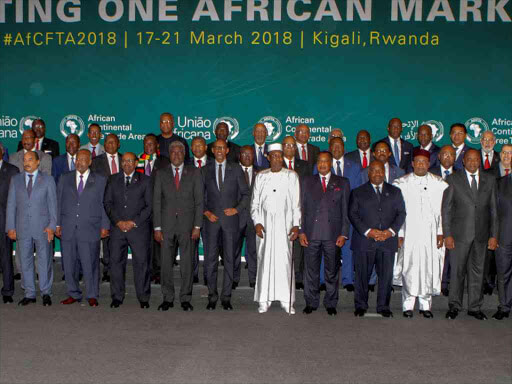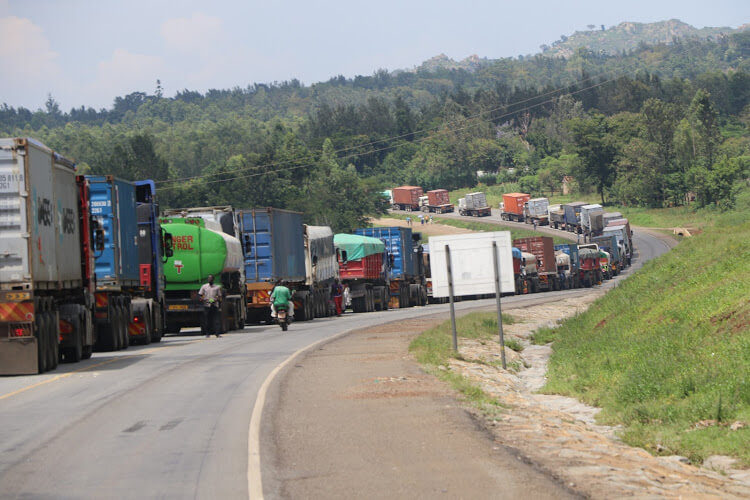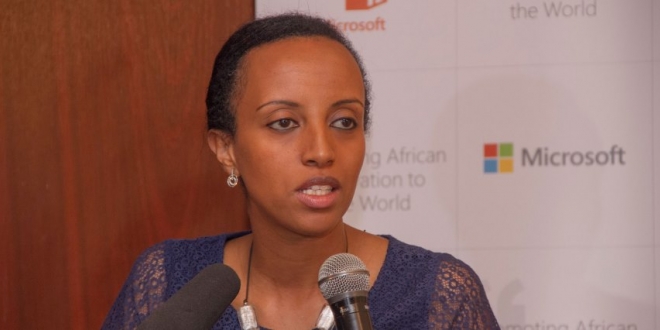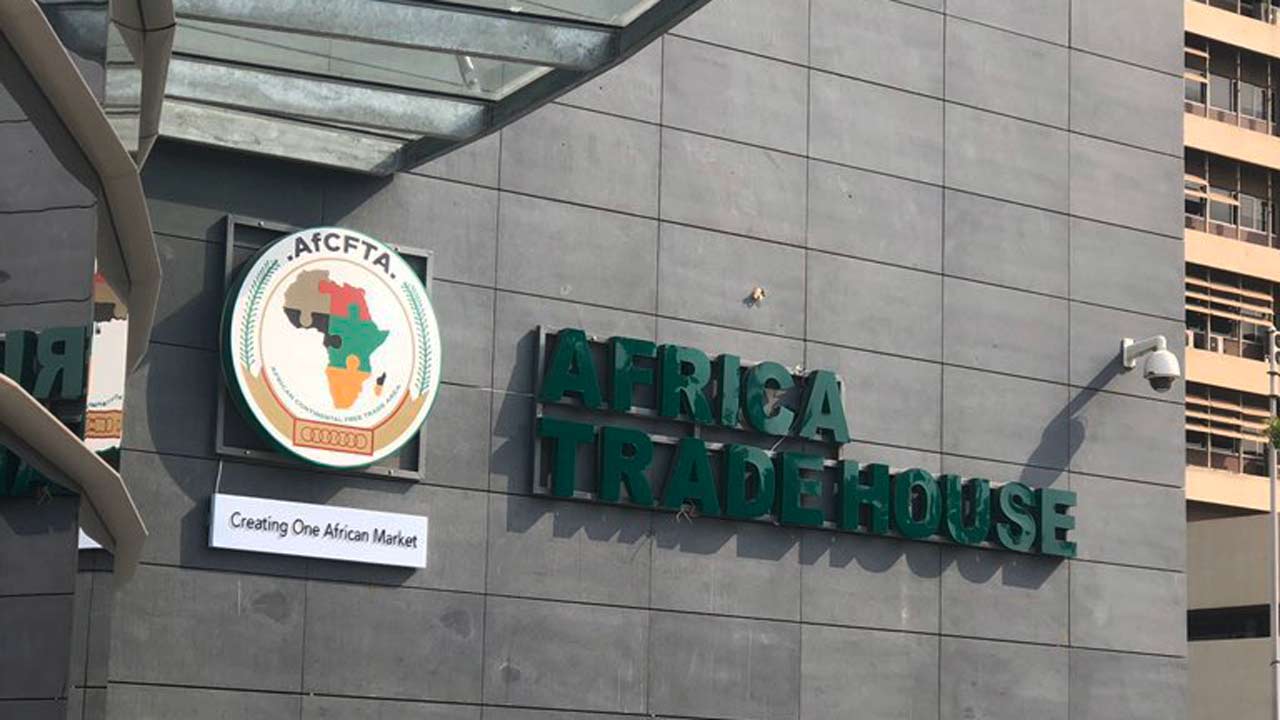In Summary It is expected that up to 90 per cent of goods and services traded within the continent will benefit from preferential trade terms. This includes elimination of tariff barriers. The Africa Continental Free Trade Area (AfCFTA), billed as a catalyst for intra-African trade, officially commenced operations on January 1, 2021, six months later than initially anticipated. Through the AfCFTA, tariff and non-tariff barriers that have historically posed as an impediment to intra-African trade will be conclusively dealt with. Specifically, it is expected that up to 90 per cent of goods and services traded within the continent will benefit from preferential trade terms, inclusive of the elimination of tariff barriers. To date, all African states, save for Eritrea, have signed up to the AfCFTA, while all but twenty African states have ratified the AfCFTA. Within the East African region, only Tanzania, Burundi and South Sudan are yet to ratify the agreement. In a bid to ensure that the East African Community (EAC) is not left behind in taking advantage of the agreement, Tanzania, Burundi and South Sudan have been urged to complete the ratification process of the AfCFTA before 01 June 2021. It is anticipated that the successful implementation of the AfCFTA will have tangible benefits on the African continent, inclusive of accelerated industrial development, expanded economic diversification and enhanced job creation. Indeed, where AfCFTA is successfully implemented, intra-African trade stands to increase by 33 per cent in the medium term, from the current 16 per cent. This will...
Boosting intra-African trade through AfCFTA
Posted on: June 10, 2021
Posted on: June 10, 2021
























